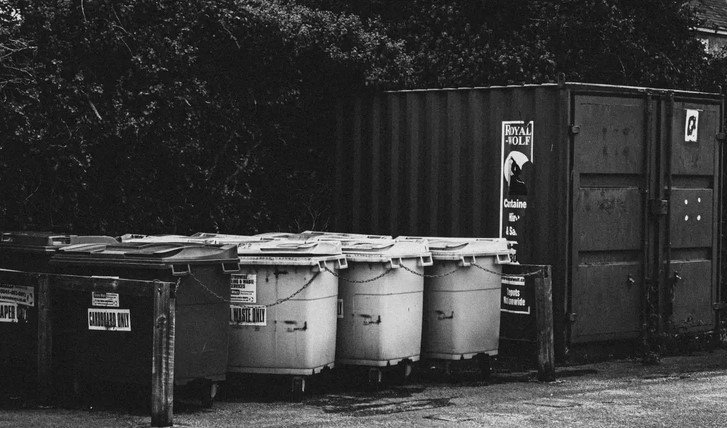As healthcare facilities generate vast amounts of medical waste, the need for innovative and sustainable waste management solutions is growing. Emerging technologies are now driving efficiency, safety, and environmental sustainability in managing medical waste. Let’s explore the future trends that will shape the medical waste management landscape.

Automation in Medical Waste Handling
Automation will play a key role in the future of medical waste management. Hospitals and healthcare facilities are starting to use automated systems to handle, sort, and sterilize waste with minimal human involvement. Robots and AI-powered machines can safely process medical waste, reducing the risk of contamination and human error.
Automated systems improve efficiency by streamlining the waste sorting process. These technologies can quickly identify hazardous materials, ensuring they are handled and disposed of properly. As automation becomes more widespread, healthcare facilities will benefit from reduced labor costs and enhanced safety protocols in medical waste handling.
Advanced Sterilization Technologies
New advancements in sterilization technologies are emerging to ensure that medical waste is safely treated before disposal. Traditional methods, such as incineration, are being replaced by cleaner, more efficient alternatives. Technologies like microwave irradiation and chemical disinfection offer safer ways to neutralize hazardous medical waste.
These advanced sterilization methods reduce harmful emissions and lower the environmental impact of waste treatment. Healthcare facilities are increasingly adopting these technologies to minimize their carbon footprint while ensuring compliance with regulatory standards.
Smart Medical Waste Containers
Smart medical waste containers equipped with IoT sensors are the next big trend in waste management. These containers monitor waste levels and send real-time data to facility managers, alerting them when the bins are full or when hazardous materials are detected. This automation allows waste collection to happen only when needed, reducing unnecessary pickups and optimizing resource use.
By implementing smart containers, healthcare facilities can better manage waste collection schedules, improve hygiene, and reduce the risk of exposure to dangerous materials. These smart solutions will also help streamline compliance with safety and environmental regulations.
Waste-to-Energy Conversion
One of the most promising trends in medical waste management is the conversion of waste into energy. Waste-to-energy technologies process medical waste to generate electricity, heat, or fuel. This method not only reduces the volume of waste sent to landfills but also provides a sustainable source of energy for hospitals and surrounding communities.
In the future, more healthcare facilities will likely adopt waste-to-energy systems to transform their waste into a valuable resource. This approach supports a circular economy and reduces the environmental impact of medical waste disposal.
AI-Powered Waste Tracking
Artificial intelligence (AI) will significantly improve how healthcare facilities track and manage medical waste. AI systems can analyze waste generation patterns, optimize disposal schedules, and predict future waste volumes. By leveraging real-time data, facilities can make informed decisions about waste management strategies.
AI-powered tracking systems will allow healthcare providers to improve compliance with regulations, reduce costs, and enhance overall waste management efficiency. In the near future, AI will become a standard tool for healthcare facilities looking to improve their waste management processes.
The Role of Blockchain in Medical Waste Management
Blockchain technology will offer greater transparency and security in medical waste management. With blockchain, healthcare facilities can create an immutable record of how waste is generated, transported, and disposed of. This data ensures that all waste management steps follow strict regulatory guidelines and prevents any fraudulent activity.
Blockchain will enable better tracking and reporting of medical waste, improving accountability and reducing the risk of improper disposal. This technology provides healthcare facilities with a secure and transparent solution for managing medical waste more responsibly.
Conclusion
The future of medical waste management technologies lies in automation, smart systems, waste-to-energy conversion, and AI-powered solutions. These emerging trends will improve efficiency, safety, and sustainability in managing medical waste. As these technologies continue to evolve, healthcare facilities will benefit from cleaner, more cost-effective, and environmentally responsible waste management practices.




